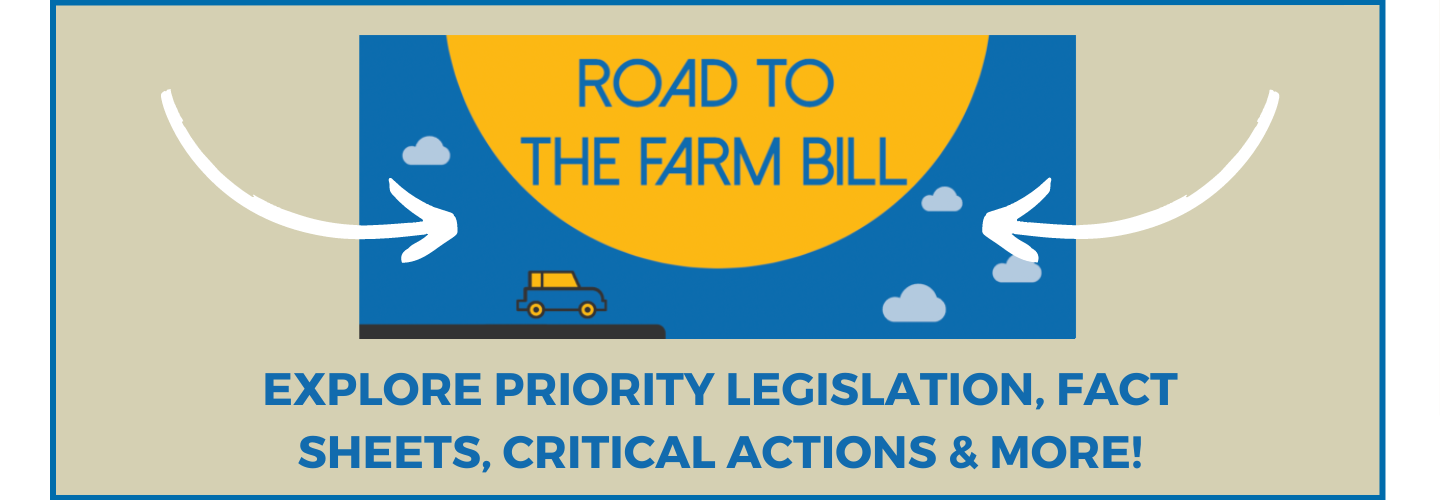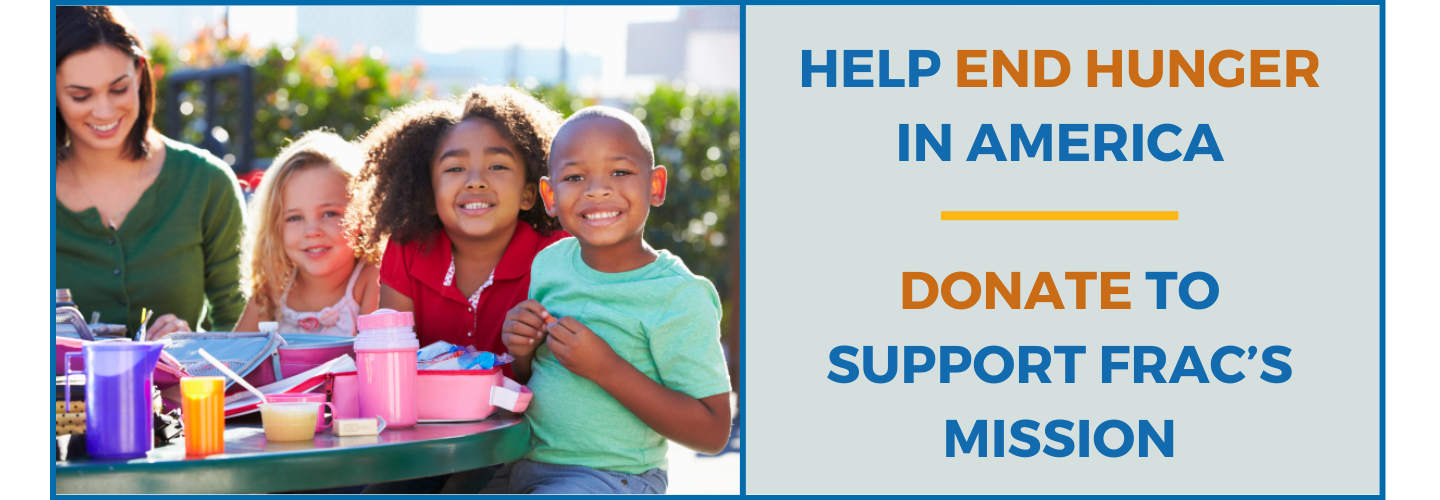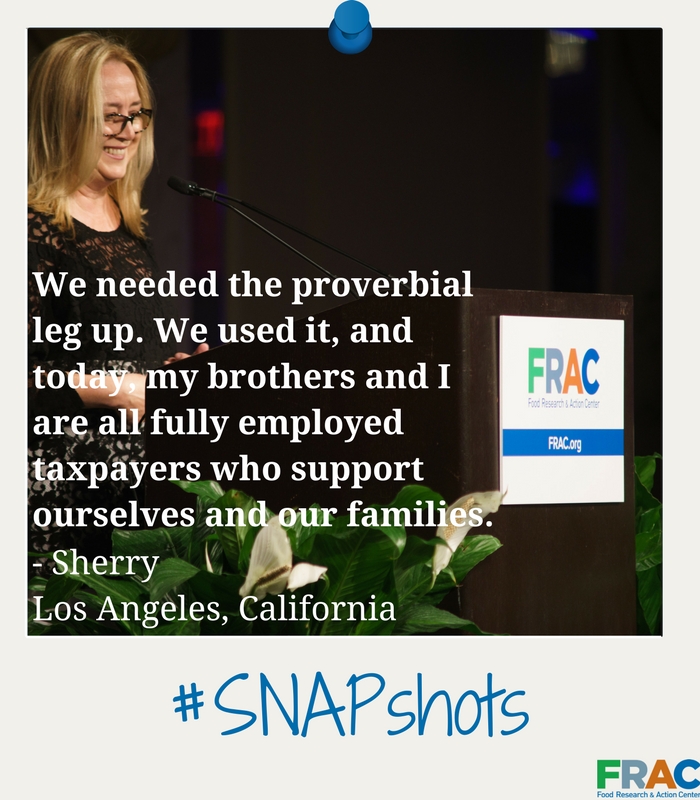
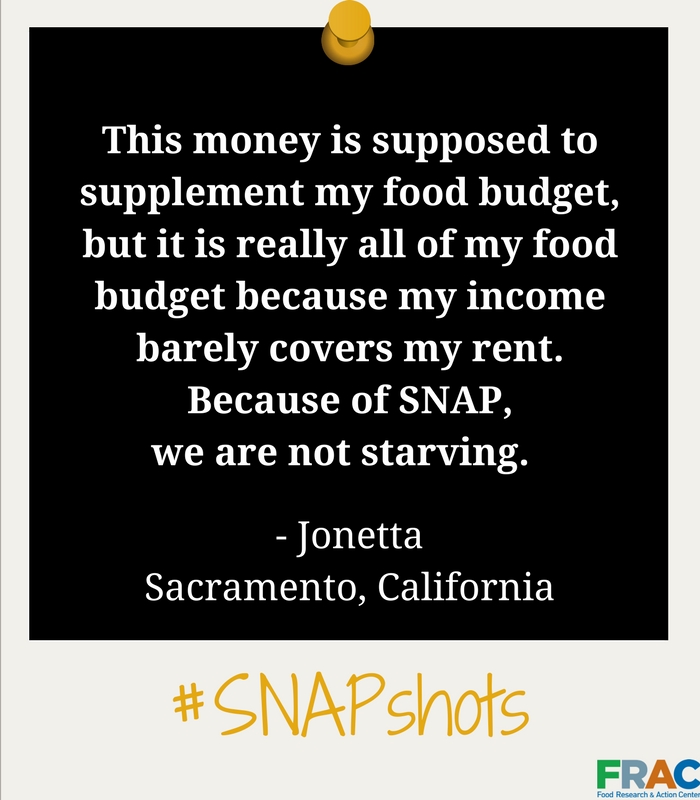
Resources

Congress Needs to Fully Fund WIC for FY 2024
Read More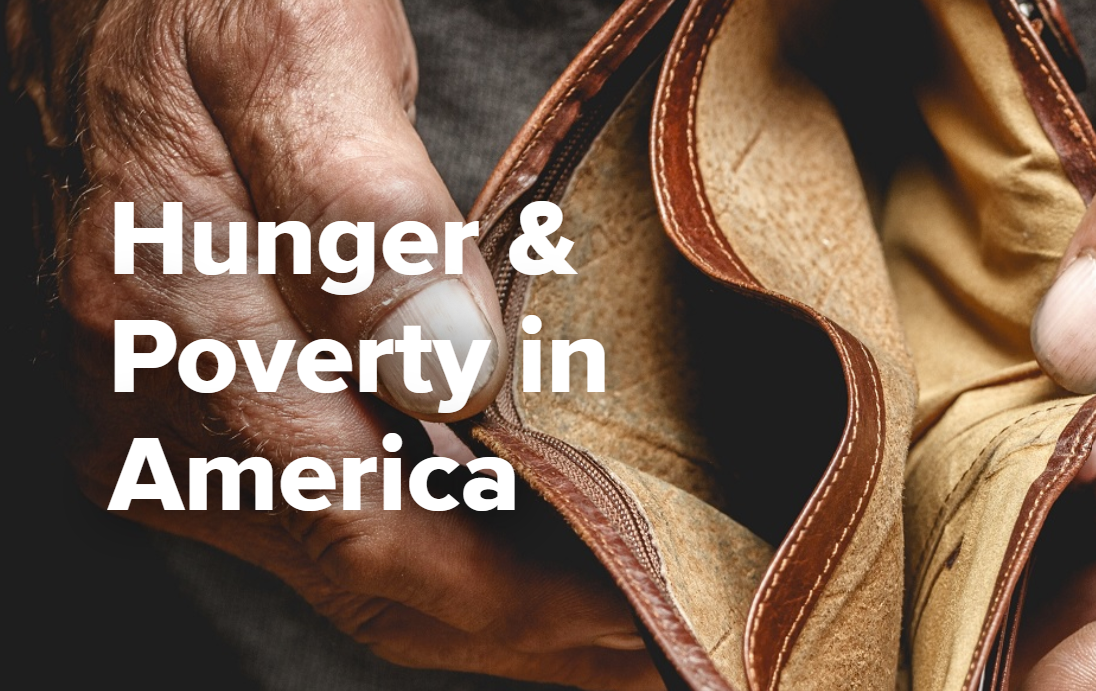
Hunger & Poverty in America
Explore the Data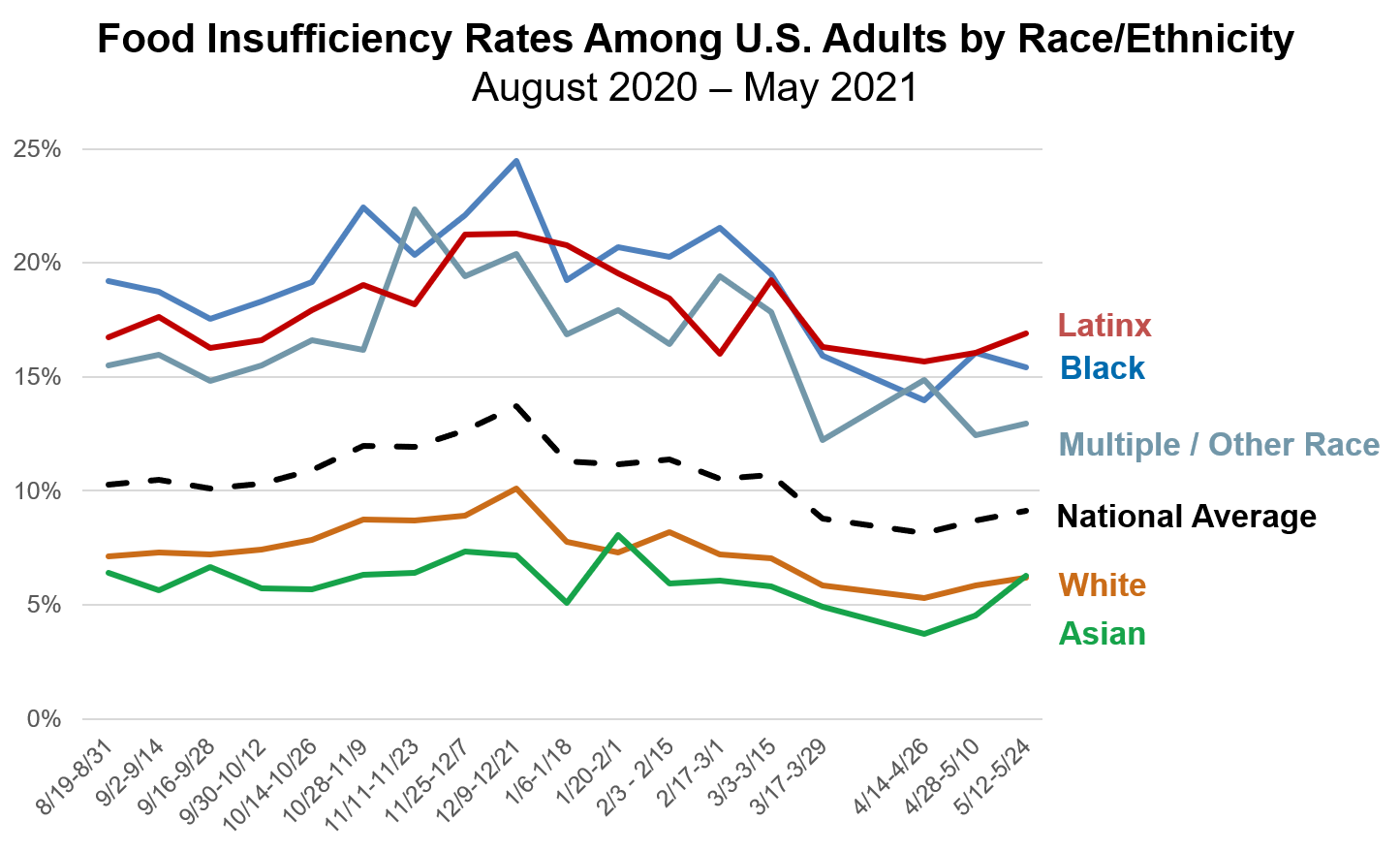
Food Insufficiency during COVID-19
Explore the Data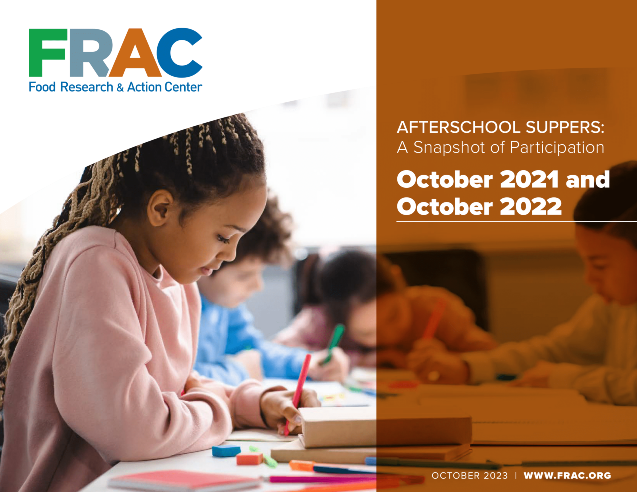
Afterschool Suppers: A Snapshot of Participation – October 2021 and October 2022
Read our latest report
Summer EBT Resource Center
Learn more
Healthy School Meals for All
Learn More
Expanded Child Tax Credits: A Transformational Opportunity to Help Families Put Food on the Table Research Brief
Learn more
Budget Reconciliation 101
Explore our report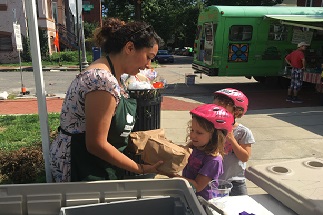
USDA Guidelines on Using Existing Authority to Implement SFSP and SSO Meal Delivery
Q&As from the USDA on the logistics of delivering meals through the Summer Food Service Program (SFSP) and the Seamless Summer Option (SSO) while using existing authority.
News
FRAC Chat
The Supplemental Nutrition Assistance Program (SNAP) is a vital tool for public health, helping families supplement their budgets to put food on the table. A new Food Research & Action Center (FRAC) research brief underscores the ways that consumer choice in SNAP enhances dignity and equity in the program and entrusts families to make decisions about their health.

This month, the U.S. Department of Agriculture (USDA) published a final rule revising the WIC food package. The rule includes important updates that will enhance equitable access to nutritious food, improve the nutritional quality of the foods offered, and make WIC more participant-centered. These changes will contribute to longstanding positive impacts on program participation, health outcomes for WIC participants, and efforts to address health disparities.
Given the increased need, the 2024 Maryland legislative session presented crucial opportunities to strengthen and expand hunger programs at the state level. Maryland has a particularly short session, compared to other states with only 90 days from early January to early April. The 500+ bills that passed this year are currently being signed into law by Gov. Wes Moore.
The two key priorities for Maryland Hunger Solutions this year were:
(1) increasing the Maryland SNAP minimum benefit to $95 per month, and
(2) implementing universal school meals in Maryland.
Unfortunately, anti-hunger advocates in Maryland faced an uphill battle in passing any significant legislation in light of a grim state budget outlook. Advocates made the case that, even in tough budget years, it is important to make investments in anti-hunger programs that provide resources to our most vulnerable residents and lead to long-term positive economic impacts, improved educational outcomes, and health care cost savings.
Recent Publications & Data
See More Resources- Fact Sheet
This summer, 37 states, the District of Columbia, all five U.S. territories, and three Tribes, will participate in the new nationwide Summer EBT Program. Families will receive $120 in federally funded grocery benefits on an Electronic Benefit Transfer (EBT) card for each school-age child who is eligible for free or reduced-price school meals. By implementing the program, these states, territories, and Tribes, are helping to reduce summer hunger, so children can return to school well-nourished and ready to learn. Dive into the data on Summer EBT in FRAC’s new 2024 Program Impact fact sheet.
Learn more - Toolkit
Intended to help WIC partners spread awareness about the new WIC food packages and promote the fruit and vegetable increases, FRAC’s 2024 WIC Food Packages Outreach Toolkit offers customizable social media posts, graphics, and print materials for you to share.
Download the Toolkit - Guide
FRAC and the Southern Economic Advancement Project teamed up to provide this guide for advocates to the Summer Electronic Benefit Transfer (Summer EBT) Program. Find key information on implementation, including flexibilities and aid that the U.S. Department of Agriculture (USDA) is providing to states to ease the administration burden.
Read the guide - Report
The Supplemental Nutrition Assistance Program (SNAP) empowers program participants to make choices about what food is right for them. Through SNAP, people with lived experience of hunger and poverty can make decisions for themselves and their families, and use their purchasing power to make those decisions without shame or stigma. Learn why protecting SNAP choice is so urgent in FRAC’s latest research brief.
Read the research brief




